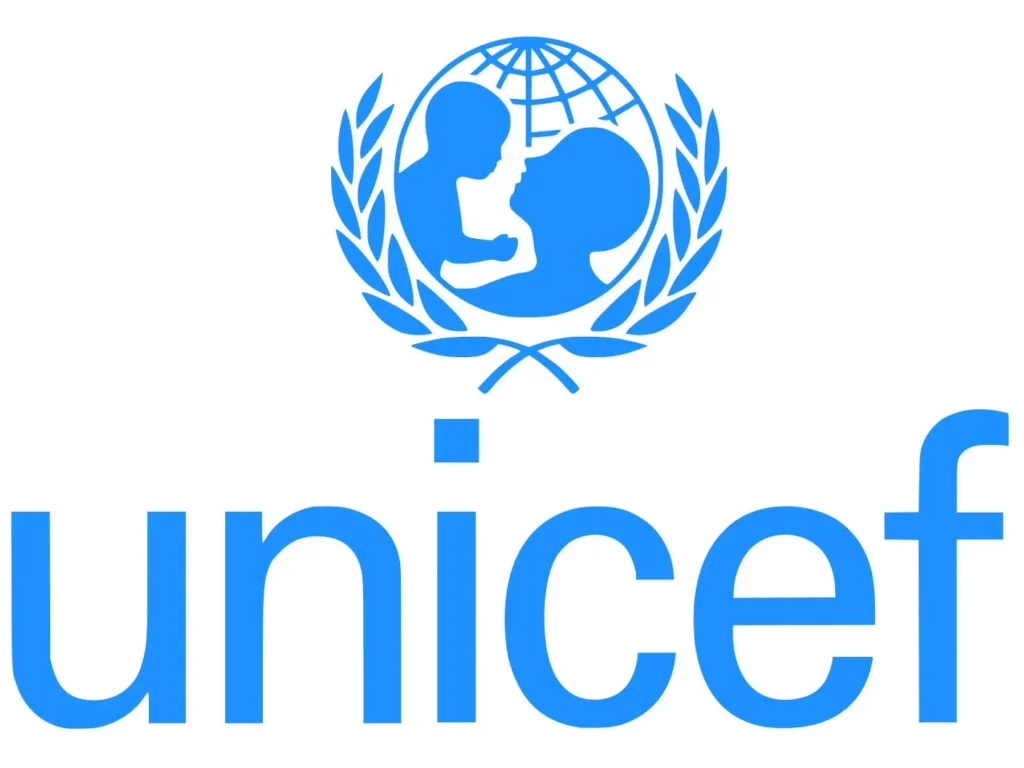The United Nations Children’s Fund (UNICEF) has intensified its campaign to reduce cervical cancer rates in Nigeria by promoting the Human Papillomavirus (HPV) vaccine. During a two-day media dialogue workshop in Lagos State, UNICEF emphasized that widespread acceptance of the HPV vaccine is key to eradicating or significantly reducing cases of this deadly disease.
UNICEF addressed prevalent misinformation and myths about the HPV vaccine. The organization stressed that the vaccine is the most effective method to prevent cervical cancer in girls and women. Dr. Ijeoma Agbo, a Health Specialist with UNICEF, provided an “Update on Human Papillomavirus (HPV) Vaccine Introduction Plan,” underscoring the importance of vaccinating girls aged 9 to 14 to prevent future infections.
Citing statistics, Dr. Agbo highlighted the severity of cervical cancer both globally and in Nigeria. In 2020, there were approximately 604,000 new cases and 342,000 deaths worldwide, with Nigeria reporting 12,075 cases and 7,968 deaths. This high burden is attributed to inadequate access to vaccination, screening, and treatment services, as well as low awareness and healthcare access, especially in rural areas.
Dr. Agbo called for aggressive advocacy and community involvement in the vaccination campaign. She noted that the HPV vaccine is safe and effectively protects against multiple strains of the virus, including those causing anogenital warts and various types of cancer.
“HPV can cause several conditions in men and women, including anogenital cancers and genital warts,” Dr. Agbo explained. “It accounts for 29.5% of infection-related cancers globally and more than half of all infection-attributable cancers in women.”
UNICEF and state health officials also debunked common misconceptions, such as the false belief that the HPV vaccine sterilizes girls or is intended to reduce Nigeria’s population. Dr. Adetola Akinpelu, Immunisation Programme Coordinator for the Lagos State Primary Health Care Board, outlined state efforts to vaccinate 80% of girls aged 9 to 14 by December 2024.
Dr. Akinpelu emphasized, “Our targets include achieving at least 69% routine HPV coverage for girls aged 9 by December 2025 and a 4% annual increase in coverage by December 2026. Disseminating information on preventive measures across local government areas is also crucial.”
UNICEF Communication Officer Blessing Ejiofor stressed the need for increased awareness, especially at the grassroots level. Ejiofor urged journalists to use their platforms to advocate for HPV vaccination, aiming to make Nigeria cervical cancer-free.
UNICEF’s renewed efforts highlight the critical role of the HPV vaccine in preventing cervical cancer.












